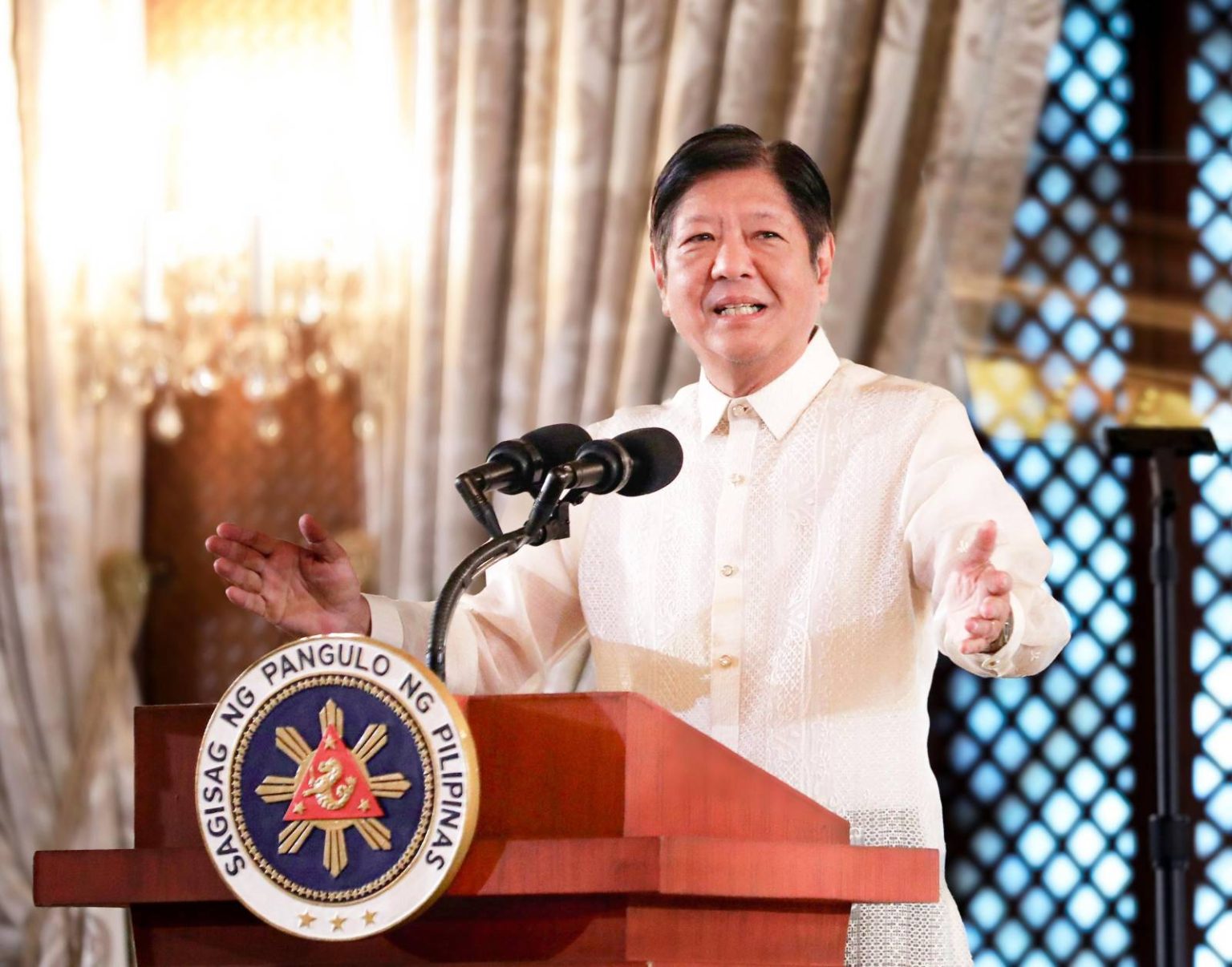News
New law to make procurement ‘at par with global best practices’: PBBM
By Ruth Abbey Gita-Carlos, Philippine News Agency

FILE: President Ferdinand R. Marcos Jr. on Saturday signed into law two new bills aimed at attaining a strong, responsive, and efficient bureaucracy, and establishing safeguards for the financial rights and welfare of Filipinos. (PCO Photo)
MANILA – President Ferdinand R. Marcos Jr. on Monday expressed confidence that the new government procurement law would make the the processes in the country “at par with global best practices.”
This, as Marcos thanked Congress for its “timely and decisive” action in amending the outdated Government Procurement Reform Act or Republic Act (RA) 9184, which was rescinded following the signing of RA 12009 on July 20, 2024.
“With the newly enacted Republic Act No.
12009 that I signed just last Saturday, government procurement will be modern and innovative, more streamlined and efficient, and truly at par with global best practices,” Marcos said in his third State of the Nation Address (SONA) delivered at the Batasan Pambansa Complex in Quezon City.
RA 12009 or the New Government Procurement Act enhances the existing procurement systems under the 21-year-old RA 9184 by standardizing procurement forms and institutionalizing electronic procurement.
The new law introduces new modalities to achieve value for money, procurement efficiency, and quality public services.
It aims to modernize procurement processes with the use of emerging technologies and innovative solutions, as well as integrated systems among relevant government agencies.
RA 12009 institutionalizes sustainable public procurement principles and practices with environmental, social, and economic considerations, life cycle, gender parity, poverty alleviation, and fair opportunities to vulnerable and marginalized sectors.
The new procurement law also enhances transparency and ensures greater accountability with open government, participatory procurement, and the use of beneficial ownership information in procurement.
It also seeks to help procurement practitioners become a skilled and competent workforce.





















